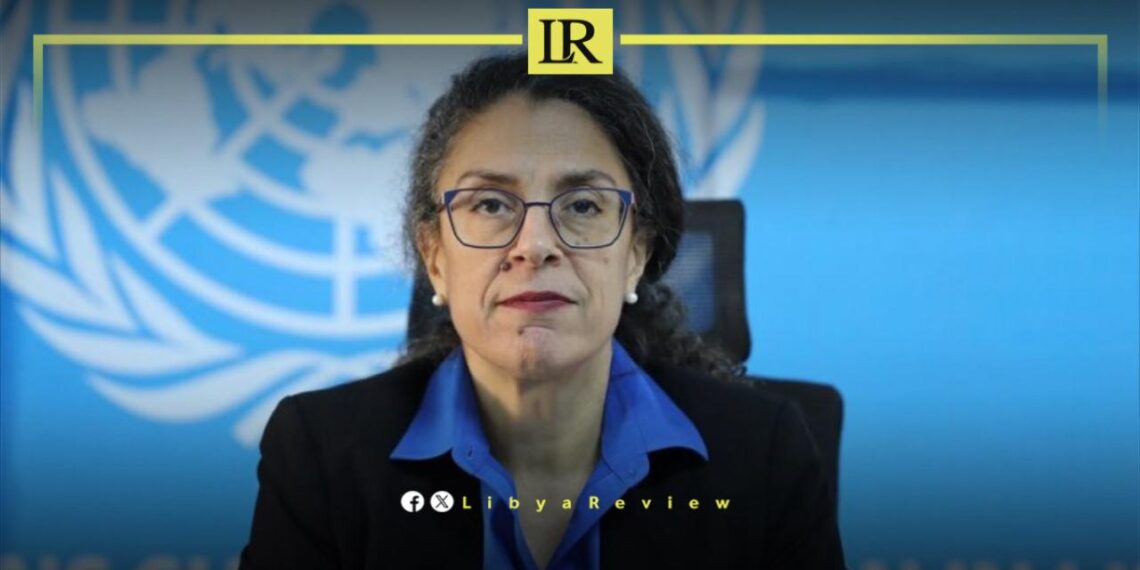The United Nations Support Mission in Libya (UNSMIL) expressed its concern on Wednesday over recent unilateral actions taken by political entities and influential actors in the eastern, western, and southern regions of Libya.
The mission warned that “unilateral actions in the current climate lead to heightened tensions, undermine trust, and deepen institutional division and discord among Libyans. Now, more than ever, the need for consensus, dialogue, and Libyan unity is paramount.”
UNSMIL reminded all political leaders and institutions of their obligations under the Libyan Political Agreement and its amendments, in line with all relevant UN Security Council resolutions, particularly Resolution 2702 (2023).
The mission affirmed its commitment to ongoing consultations with Libyan leaders and regional stakeholders to reach a consensus and advance efforts to break the current political deadlock.
UNSMIL emphasized the importance of facilitating an inclusive political process that leads to credible presidential and parliamentary elections. The mission called on all Libyan parties to embrace dialogue and seek compromises that serve the interests of all Libyans.
Libya has been in chaos since a NATO-backed uprising toppled longtime leader Muammar Gaddafi in 2011. The county has for years been split between rival administrations.
Libya’s economy, heavily reliant on oil, has suffered due to the ongoing conflict. The instability has led to fluctuations in oil production and prices, impacting the global oil market and Libya’s economy.
The conflict has led to a significant humanitarian crisis in Libya, with thousands of people killed, and many more displaced. Migrants and refugees using Libya as a transit point to Europe have also faced dire conditions.
The planned elections for December 2021 were delayed due to disagreements over election laws and the eligibility of certain candidates. This delay has raised concerns about the feasibility of a peaceful political transition.
Despite the ceasefire, security remains a significant concern with sporadic fighting and the presence of mercenaries and foreign fighters. The unification of the military and the removal of foreign forces are crucial challenges.


